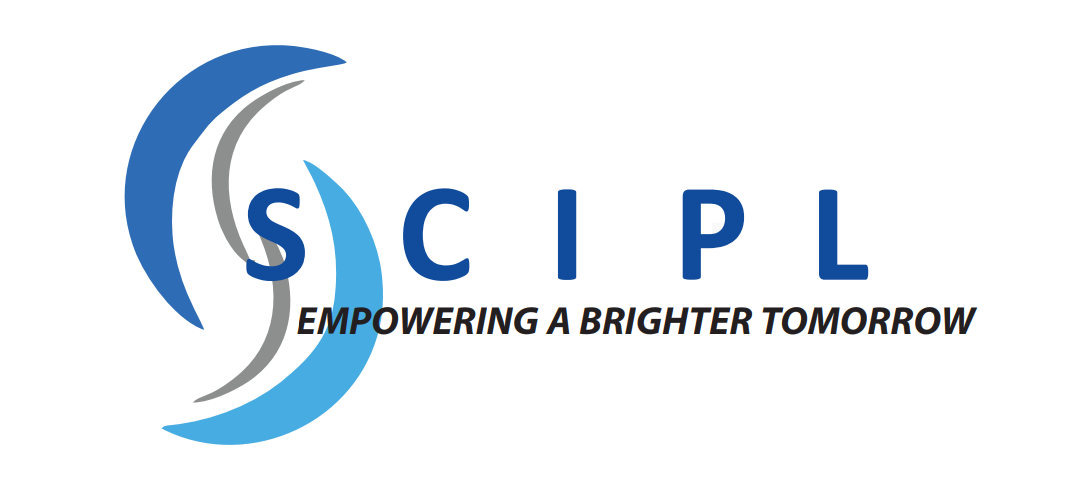Polythene bags, a staple of modern packaging, remain widely used despite growing environmental concerns. The current market for polythene bags is shaped by a delicate balance between consumer demand, regulatory pressures, and sustainability efforts.
Globally, the polythene bag industry is valued at billions of dollars, with major applications spanning retail, food packaging, and healthcare. Lightweight, cost-effective, and versatile, these bags continue to dominate due to their practicality. Emerging economies, in particular, drive substantial demand, fueled by booming retail sectors and increased urbanization.
However, the market faces significant headwinds. Governments worldwide are implementing strict bans or imposing taxes on single-use plastic bags to combat pollution. Countries like India and Kenya have introduced stringent regulations, while others promote alternatives such as biodegradable bags or reusable options.
Sustainability is reshaping the market landscape. Businesses are investing in eco-friendly alternatives, such as compostable polythene bags, to align with consumer expectations and regulatory requirements. Recycling initiatives are also gaining momentum, though infrastructure remains a challenge in many regions.
The future of polythene bags hinges on innovation and adaptation. As sustainability becomes a priority, companies that embrace greener practices are poised to thrive, while traditional polythene bags face a gradual decline in favor of eco-conscious solutions.


